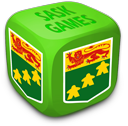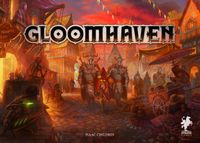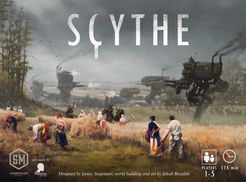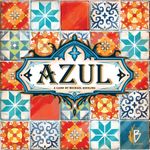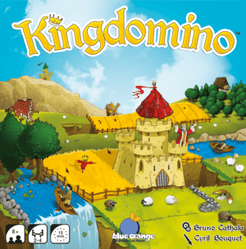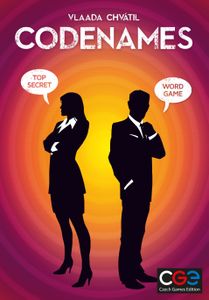This thread tracks the Accelerated HeroScape Draft Costs.

Directory of HeroScape Threads/Resources on SaskGames.
Information about the game of HeroScape and its Expansions
HeroScape Map Thread
HeroScape Scenarios
Roster of HeroScape Army Builds
Accelerated HeroScape Army Draft Costs
Bixby's House Rules for HeroScape
Details: There are so MANY HeroScape units in the roster now, we are introducing this accelerated cost structure to encourage using lesser know / lesser drafted units. Here is how it works:
After each HeroScape session, we look at all of the cards that were selected and each card selected drives the cost of that card up by 5 points. If someone played Mimring on Session 1, then Mimring's cost would go from 150 to 155 for future sessions. The revised costs will be posted here. If two players had drafted Mimring, the costs would have jumped by 10 points to 160. This method will have the most profound effect on Common Squads.
GOOD NEWS!
We now have a drafting spreadsheet that will be updated will new costs after each game. It is in the downloads area of this site.
Click Here for File

Directory of HeroScape Threads/Resources on SaskGames.
Information about the game of HeroScape and its Expansions
HeroScape Map Thread
HeroScape Scenarios
Roster of HeroScape Army Builds
Accelerated HeroScape Army Draft Costs
Bixby's House Rules for HeroScape
Details: There are so MANY HeroScape units in the roster now, we are introducing this accelerated cost structure to encourage using lesser know / lesser drafted units. Here is how it works:
After each HeroScape session, we look at all of the cards that were selected and each card selected drives the cost of that card up by 5 points. If someone played Mimring on Session 1, then Mimring's cost would go from 150 to 155 for future sessions. The revised costs will be posted here. If two players had drafted Mimring, the costs would have jumped by 10 points to 160. This method will have the most profound effect on Common Squads.
GOOD NEWS!
We now have a drafting spreadsheet that will be updated will new costs after each game. It is in the downloads area of this site.
Click Here for File
